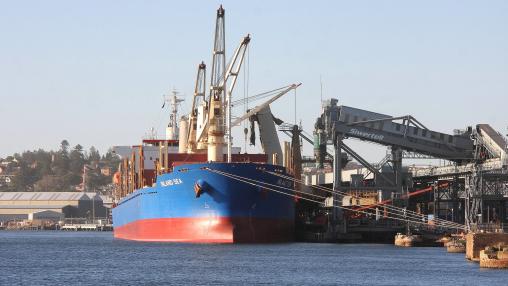
The Russia-Ukraine war’s impact on global food markets: A historical perspective
The Russia-Ukraine war has focused global attention on the key economic roles that those countries play as major exporters of agricultural commodities. Over 2019-2021, they accounted for 12% of global agricultural trade on a kilocalorie basis, with a combined market share of 34% for wheat, 26% for barley, 17% for maize, and 75% for sunflower oil. The war has scrambled this picture, with Ukraine’s exports falling dramatically, and Russia’s falling, then recovering.
2023 Global Food Policy Report: Rethinking Food Crisis Responses
Economic crises, epidemics, conflicts, and extreme weather events can wreak havoc on food systems, in particular when several of these shocks overlap. Food system shocks risk increasing food insecurity, hunger, and malnutrition, and can disrupt livelihoods, increase poverty, and further diminish prospects for the world’s most vulnerable populations. Governments and the international community, including research organizations such as IFPRI, support efforts to better predict, monitor, and respond to crises as they arise, but these efforts often are not sustained when the crises end.
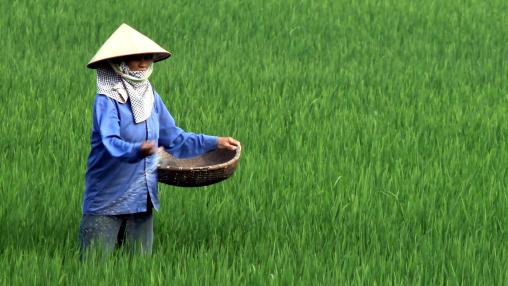
The Russia-Ukraine war after a year: Impacts on fertilizer production, prices, and trade flows
Russia’s 2022 invasion of Ukraine triggered global disruptions in markets for key food crops and fertilizers, threatening food security worldwide. With the war now entering its second year, high international food prices have moderated, though domestic price levels remain high in many low- and mid-income countries. Here, we turn to global fertilizer markets, examining how they weathered the past year and the likely impacts going forward for agricultural production and food security.
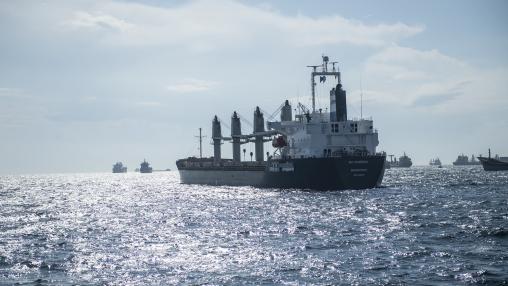
Ukraine one year later: Impacts on global food security
When Russian troops invaded Ukraine one year ago, the war appeared to pose a grave threat to global food security.
Ukraine One Year Later: the impact of the war on agricultural markets and food security
One year after Russia invaded Ukraine, the war continues to affect global markets. World stock levels remain tight, and while prices have fallen back to pre-war levels, much uncertainty remains. This seminar will examine how the war has affected global markets, particularly wheat markets. Speakers will discuss the war’s impacts on Ukraine’s producers, wheat buyers and importers in the MENA region, and households in Egypt and Yemen. In addition, the discussion will address export restrictions and sanctions that have exacerbated price levels and volatility.
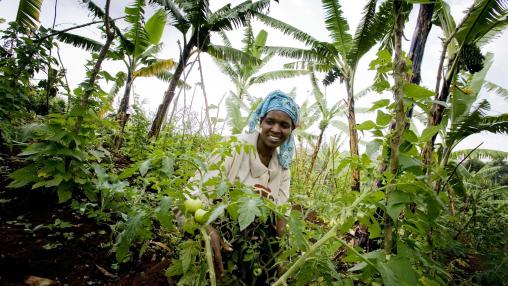
What Is the Investment Needed to End Chronic Hunger?
In 2019, an estimated 690 million people around the world were undernourished, and nearly 3 billion people were unable to afford healthy diets. The world has the potential to make significant progress in reducing those numbers by 2030 – with the right investments.
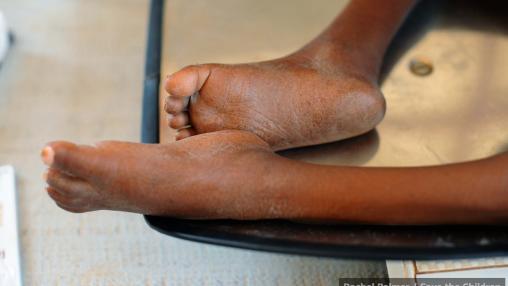
The global food price crisis threatens to cause a global nutrition crisis: New evidence from 1.27 million young children on the effects of inflation
Frequent food crises with spiking prices have become the new normal in the 21st century, bringing urgency to the task of understanding their nutritional impacts on poor and food insecure populations. In a new analysis of 1.27 million children in 44 low- and middle-income countries (LMICs) we show that exposure to food inflation in the womb and first years of life is associated with greater risks of child wasting in the short run and stunting in the long run.
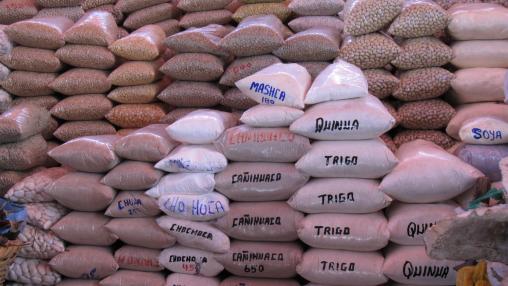
FAO Food Outlook Sees Surging Food, Agricultural Import Bills
The latest Food and Agriculture Organization of the United Nations (FAO) Food Outlook, released on November 11, 2022, sees continued challenges for global food security due to high energy and fertilizer costs, climate change, trade restrictions, economic downturns, and continuing conflicts around the world.

Addressing the food crisis in Yemen: The private sector’s key role amid local conflict and global market disruptions from the Russia-Ukraine war
The Yemen conflict, underway since early 2015, has led to an ongoing, unprecedented humanitarian emergency. Food needs far exceed current consumption levels, with 3.5 million pregnant or breastfeeding women and children under 5 suffering from acute malnutrition and up to 19 million people affected by food insecurity in 2022.
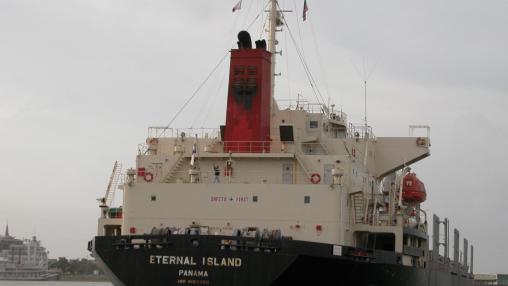
How sanctions on Russia and Belarus are impacting exports of agricultural products and fertilizer
The sanctions imposed by the European Union, United States, Canada, and other countries on Russia and Belarus following Russia’s February 24 invasion of Ukraine included restrictions on banking, trade, technology transfers, and specific individuals. These came on top of earlier sanctions on both countries – on Russia, in response to its 2014 annexation of Crimea, and on Belarus, in response to human rights violations in 2020 and its forced grounding of Ryanair flight 4798 to seize a dissident journalist in 2021.